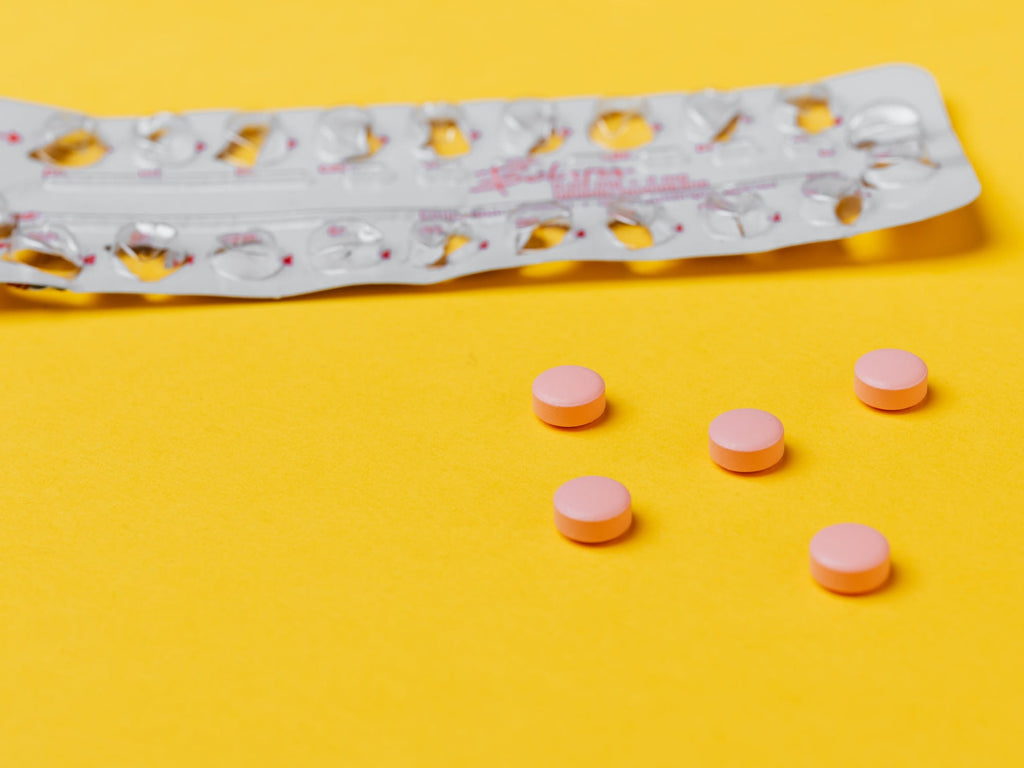Ayurveda, the ancient mother science of yoga, is a healing system that emerged from India thousands of years ago, but is still very applicable today, no matter where you live.
The word comes from the combination of the word ayur, meaning life, and veda, meaning knowledge. So ayurveda literally means the knowledge of life, and offers us simple daily habits, to live in the best possible way.
A central tenet of ayurveda is that the small choices we make every day can dramatically affect our health over time. Since eating is something we do daily, a big focus of ayurveda is increasing our digestive fire, or agni. Agni is the element that cooks what we are taking in and transforms it into nourishment.
You are not only what you eat - you are what you digest and assimilate.
Symptoms of Low Agni (Digestive Fire):
- Burping or gas
- Belly bloat
- Unexplained weight gain
- Acidity or heartburn
- Itchy rectum
- Loose stools and/or constipation
- The feeling that your BMs just aren’t “complete”
- Feeling super full after a normal-sized meal (or that you need a post-meal nap)
- Nausea
- Acne
- Dry, cracked nails
- Dry, cracking skin
- Parasites
- Bad breath
- Lots of coating on the tongue
- Allergies
- Candida
- PMS
- Eczema, hives, and other rashes
- Psoriasis
- Unexplained brain fog, bad mood, lethargy
Simple Ways to Boost your Agni (Digestive Fire):
-
Drink a cup of warm lemon water in the morning. Cleanses the liver and clears the bowels
-
Avoid breads, pastries, cookies, cakes, fried foods, cheese, canned food, sugar, pasta, minimize dairy, which can be congesting to the body
-
Eat your main (biggest) meal at lunch, this is when your metabolic fire is strongest
-
Eat an earlier, lighter dinner. Steamed veggies, rice or soup. Stop eating 2-3 hours before bed
-
Eat until you feel about 75% full. Some say until your first small burp. Avoid the feeling of being overly full
-
Don’t drink ice water with meals as it dampens your digestive fire
-
Eat a thin slice of ginger before meals
-
Spices to help digest and absorb, and pull toxicity from the body: ginger, fennel, cardamom, turmeric, cumin, coriander
-
Soak beans, nuts and seeds
-
Metabolic boosting foods: garlic, soups, most spices, leafy greens, olive oil, limes, oatmeal, turmeric, fennel, beets, carrots and ginger
-
Eat whole foods, as close to a natural state. Avoid low fat and sugar-free foods
-
Think of eating as a form of celebration or meditation. How we eat may be even more important than what we eat. Make sure to connect with the sacred aspect of eating
-
Try beginning meals with a few deep breaths and a personal prayer of appreciation
-
Avoid TV, reading, the computer or other forms of toxicity building distraction. If possible, be in our near nature or a beautiful view. If you are at work, can you eat outside in a park? Perhaps with a friend?
-
Try to chew your food to even consistency, paying attention to the food. This will improve both its digestibility and assimilation
-
Take 15-20 minutes, minimum, to rest and digest
-
Allow your last meal to fully digest before eating again (Time varies according to your constitution)
It’s not only about how we digest the food we eat, but also how we process our life’s experiences, and transform them into insight.
Ayurveda is a philosophy and approach to wellness that holds self-awareness as the essence and foundation of good health. There is no one size fits all when it comes to creating daily habits and personal wellness, but by learning how to live in accordance the never-ending ebb and flow of mother nature, we can start to build our capacity to digest life as it comes and become lighter and brighter along the way.
To learn more about your ayurvedic constitution, take this dosha quiz.
This post is tagged as:
You may also like...
The Latest
People & Places
How Ara Katz is Redefining “Self-Care” as Rooted in Science with Seed
The co-founder, mother, and self-proclaimed serial entrepreneur unpacks her philosophy on what it means to be well. Ara Katz hates the word “success”. Not because of its listed definition in a di...

Do Good Werk
9 Passive-Aggressive Email Phrases That Are Basically Evil
A Rosetta Stone for every time you want to :’).

Woo Woo
Get to Know Your Astrological Birth Chart
How to find meaning in the stars — and what it means for you.

People & Places
The 5 Best Places In New York To Meet Your Next Investor
Where to rub shoulders with the city's movers and shakers.

Do Good Werk
10 Unhealthy Thoughts You Convince Yourself Are True as a Freelancer
If you work alone, you might be particularly susceptible to distorted thoughts that hurt your mental health.

People & Places
Creating a Conference-Meets-Summer-Camp for Adult Creatives
An interview with Likeminds founders Rachael Yaeger and Zach Pollakoff This past September, I sat in front of an obituary I wrote for myself after a session with a death doula. No, I didn’t know w...

People & Places
When Something Golde Stays: An Interview with Golde’s Co-CEOs
“For us it was never a question,” says Issey Kobori, speaking of the decision to build a business with his partner Trinity Mouzon Wofford. At just shy of 27, Kobori and Wofford have secured a host ...

Better Yourself
Are They Toxic? Or Are They Human?
There’s a difference between putting up boundaries and putting up walls, and the latter is what breaks relationships.

Do Good Werk
How To Combat Seasonal Affective Disorder At Work
Here’s what to do if seasonal affective disorder starts to take a toll at the office.

People & Places
Reclaiming Womxn's Wellness Spaces from a White-Dominated World
How The Villij built a collective that their community can connect to.








